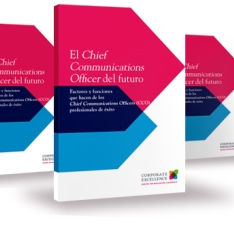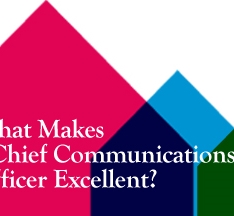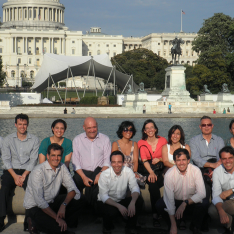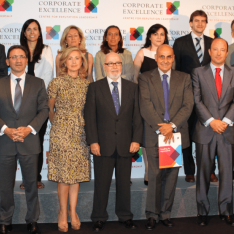Loading...
- Agenda 2030 & ODS (10)
- Alineamiento y Cultura Corporativa (19)
- Bienestar y Engagement (1)
- Chief Communications Officer (99)
- Co-Creación (2)
- Comunicación Externa (28)
- Comunicación Política (3)
- Consumidores (1)
- COVID-19 (2)
- Digitalización (11)
- Diplomacia Corporativa (2)
- Diversidad & Inclusión (10)
- Empleados (7)
- Empresa Con Futuro (8)
- Estrategia (30)
- Ética (11)
- Global Issues (12)
- Gobierno Corporativo (14)
- Indicadores No Financieros (11)
- Innovación (12)
- Internacionalización (6)
- Liderazgo (26)
- Marca Corporativa (17)
- Marketing (1)
- Propósito & Valores (32)
- Publicidad & Patrocinios (1)
- Rankings & Premios (1)
- Reputación Del CEO (5)
- Reporting No Financiero (3)
- Riesgo Reputacional (16)
- Sostenibilidad & Responsabilidad Social (24)
- Stakeholder Engagement (18)
- Storytelling & Narrativa (4)
- Tendencias (12)
- Valoración De Los Intangibles (18)
- Comunicación Interna (19)
- Transparencia (14)
Published by Unai Admin
17/07/2025
Published by Unai Admin
17/07/2025
Published by Unai Admin
17/07/2025
Categories
Published by Unai Admin
17/07/2025
Published by Unai Admin
17/07/2025
Categories
Tags
- medición
- gestión
- reputación corporativa
- ventaja competitiva
- identidad
- alinear
- percepción
- gary davies
- rosa chun
- métricas
- corporate reputation
- competitiveness
- university of manchester
- uk
- imd business school
- switzerland
- reputation leadership
- universidad de manchester
- reino unido
- corporate reputation and competitiveness
Published by Unai Admin
18/07/2025
Categories
Published by Unai Admin
18/07/2025
Published by Unai Admin
18/07/2025
Categories
Published by Unai Admin
17/07/2025
Categories
Published by Unai Admin
18/07/2025
Published by Unai Admin
18/07/2025
Published by Unai Admin
17/07/2025
Categories
Published by Unai Admin
18/07/2025
Categories
Página
of 4













